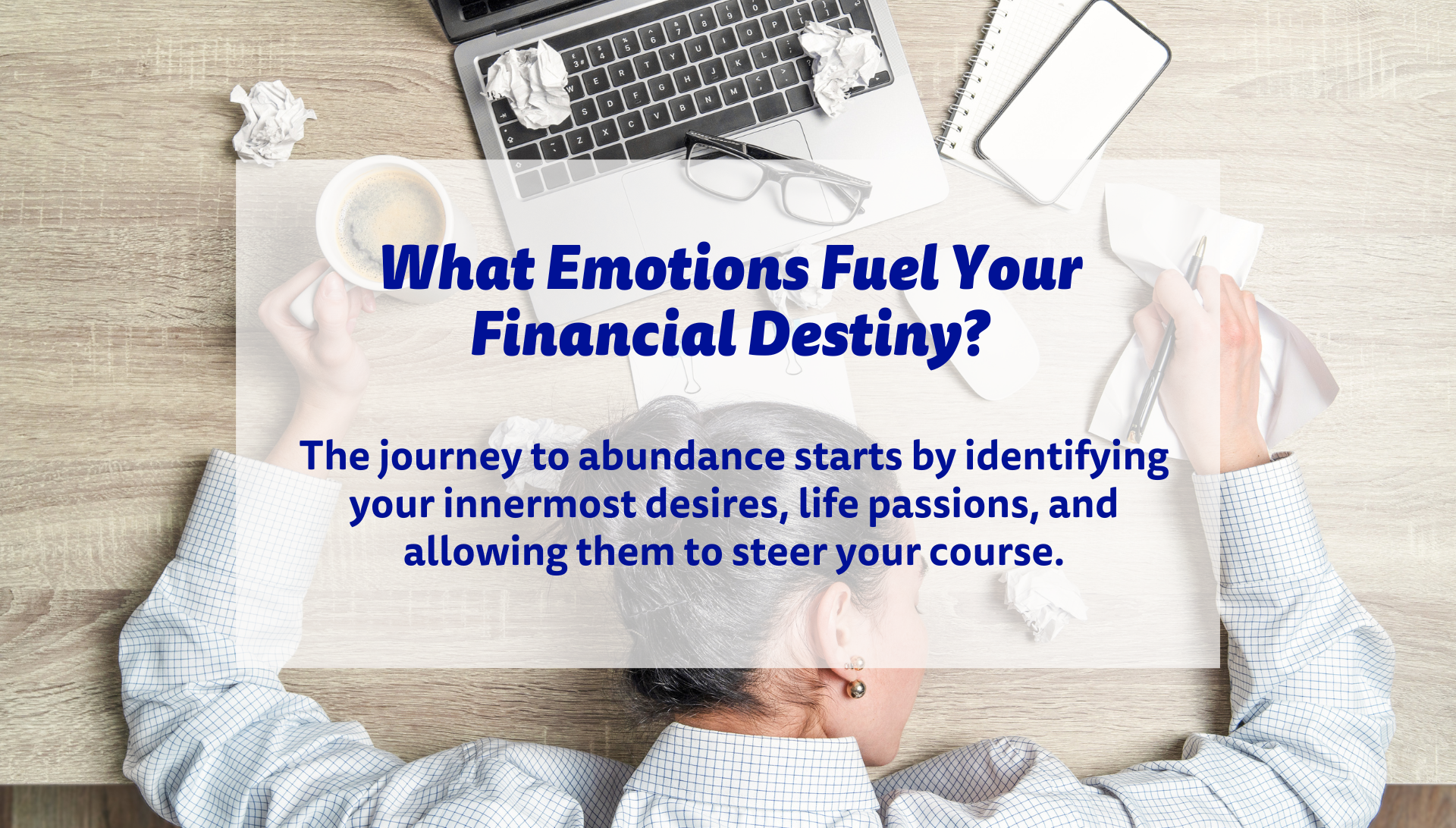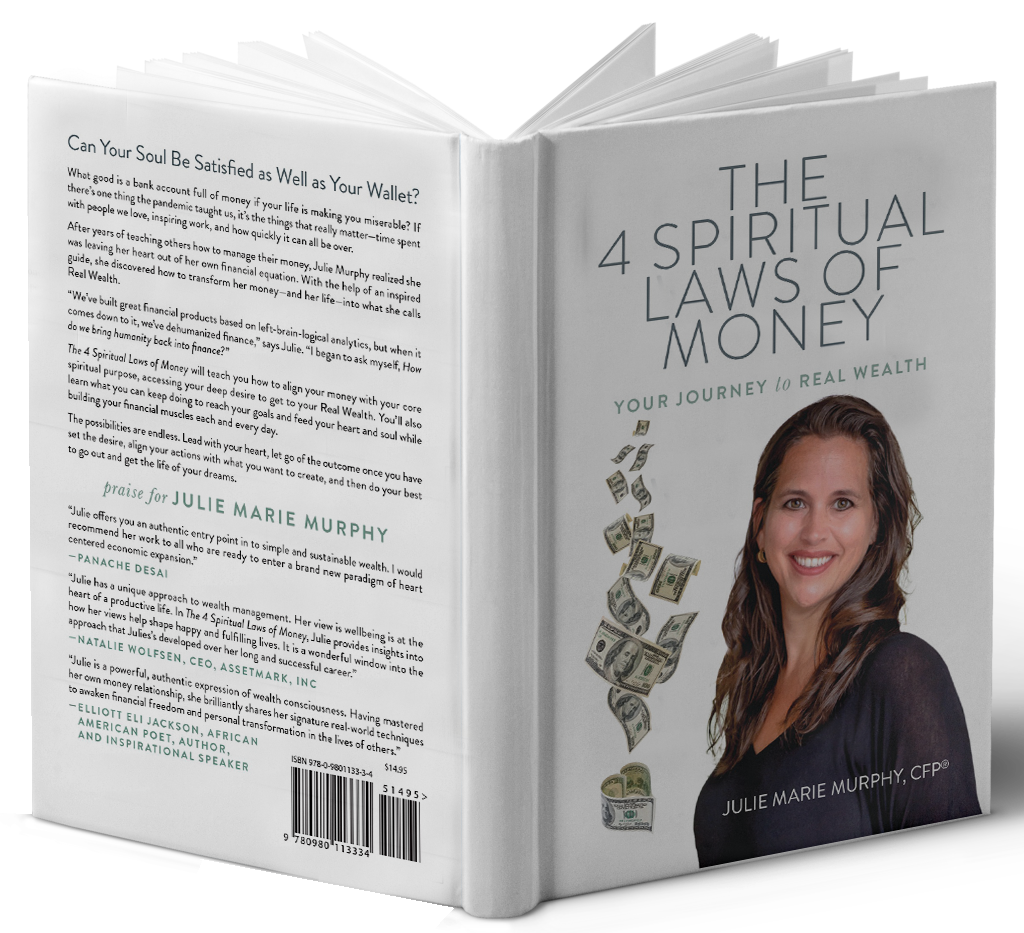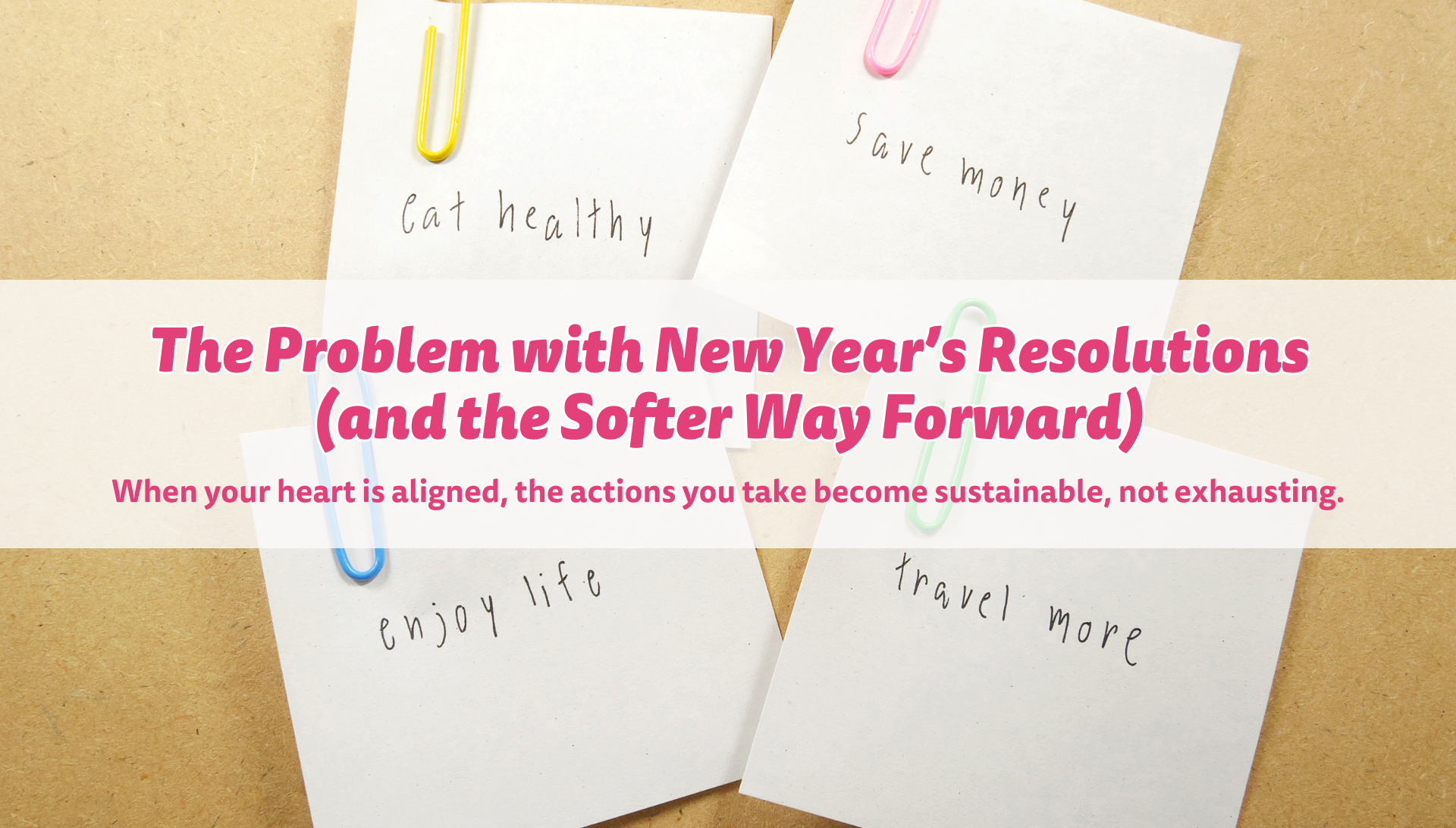What Emotions Fuel Your Financial Destiny?
Blog

Every so often, I indulge in a rejuvenating retreat at The Chopra Center for Wellbeing in sunny Carlsbad, California. The experience is nothing short of transformative – it uplifts, heals, and motivates. During one of my visits, co-founder David Simon, M.D., dropped a bombshell that left me rattled to my core. He asserted, based on the patients they see at The Chopra Center, that over 90% of the toxins within the human body do not stem from bacteria or harmful chemicals; they fester from toxic emotions. This revelation struck a chord, especially as I was in the early stages of crafting this book. Eager to explore this notion further, I approached Dr. Simon after his seminar. Little did I know, his insights would reshape not only my perspective on health but also on wealth. It dawned on me that emotions, from our health to our wealth, hold the keys to a fulfilling life.
Your Inner Wealth
Internal Processing Department
In our fast-paced world, it often feels like we're perpetually playing catch-up with ourselves. Once upon a time, people leaned on their communities – neighbors, friends, or religious congregations – to navigate life's challenges. They took the time to genuinely care for one another. Seniors retired from companies where they'd worked since they were 18, steeped in the sense of homegrown camaraderie. Today, the face of business is in constant flux. Young employees flit in and out of companies, while older workers bid adieu. The chance to forge deep connections seems rarer than ever.
Yet, it's a fallacy to believe that we've lost our desire for intimacy. In fact, most people yearn for someone who cares about them on a deeper level. This longing drives many to seek quick fixes to soothe their emotions, inadvertently triggering a cascade of problems – broken homes, crushing consumer debt, obesity, and reliance on prescription drugs. To some extent, we all grapple with toxic emotions. The challenge lies in our inability to process them effectively. Consequently, these emotional toxins seep into our bodies, infiltrate our relationships, and cast a shadow over our lives, exacerbating the problem.
Allow me to demonstrate how this principle applies to your financial health. If you find yourself drowning in debt or buried under the weight of mortgages, know that these circumstances trace back to your emotions about money and how you manage them internally, which then manifests externally. It's crucial to recognize that the feelings and attitudes you hold toward money aren't inherently good or bad; they are neutral. It's your responses to these emotions that can either propel you into financial turmoil or set you on the path to abundance.
Here's the silver lining: By summoning the courage to confront your emotions head-on, you can prevent them from morphing into unhealthy behaviors. So let's focus on identifying your inner toxins in various forms, from frustration and fear to jealousy and beyond.
Toxic Emotions Exercise
So, what's eating at you? Take a moment to contemplate the toxic emotions you might be neglecting to process effectively. Do you break into a cold sweat at the weekly sales meeting because of performance pressure? Does the distance between you and your aging parents fill you with helplessness and guilt? Does your stomach knot up at the thought of next month's mortgage payment? Are your spouse's spending habits a constant source of irritation that you keep to yourself? How do you react to your spouse regarding money – reactively or proactively? Are there patterns in your marriage that mirror your parents' relationship with each other and with money? Does a pang of jealousy and anger wash over you whenever your neighbor mentions her new kitchen, prompting you to avoid her? Open your heart and let your emotions flow.
Now, here's the good news. There are steps you can take to detoxify these feelings. The first step is allowing yourself to feel these emotions instead of burying them deep within. Techniques for healing the mind and body include meditation, crafting and following a life plan, revisiting your existing life plan, or even something as straightforward as redirecting your cash flow.
Stop, Look, and Listen
Connecting with your toxic emotions is akin to following the basic rule children learn when crossing the street: Stop, look, and listen. Imagine waking up on a Monday morning feeling a sense of melancholy. You find it necessary to gulp down a cup of coffee (or a Diet Pepsi, as I once did) just to muster enough energy to peel yourself out of pajamas. Another cup fuels your journey into the car. As you embark on your forty-minute commute to work, a growing sense of agitation envelops you. The radio blares loud, head-banging tunes, and you suddenly find yourself making angry gestures at fellow drivers. It's your mind and body shouting – not whispering – to you! This scenario exemplifies how we either experience emotional outbursts or stow our emotions within by seeking solace in food, drinks, smoking, excessive cleaning, or exercising, and yes, even spending or hoarding our money.
In my own past, I remember the aftermath of lavish spending on others during Christmas. I would physically experience what I termed a "spending hangover" – it was exhausting. Finally, I decided to pay attention to why I had overspent. I began to stop, look, and listen to the emotional triggers behind my external behaviors.
Indulge me for a moment and try this exercise. Instead of hastily consuming caffeine, pause and ask yourself, "Why am I so exhausted and in need of a temporary energy boost?" There's something deep inside you resisting the day ahead. Perhaps restless nights are due to incessant thoughts about your children's soccer schedules or next week's quarterly meeting. When you sit in the car en route to work, observe your hands gripping the steering wheel or your narrowed eyes in the rearview mirror. Are your knuckles white from clenching, or are your eyes squinting in anger? While on the road, turn off the radio, if only for a moment, and embrace the silence. Your mind and body will gradually calm, allowing underlying emotions to surface. Tune out the mental chatter and concentrate on your emotions. Or, merely focus on the silence and permit your emotions to emerge. Reflect on your feelings at that precise moment. Attempt to listen to your heart. How do you feel right now? Connect with the sadness or frustration inside that often manifests as anger, rage, jealousy, or envy – whatever emotions arise. Don't judge; simply acknowledge. This exercise is not arduous and serves as a valuable tool throughout the day to gain insight into your behavior.
The Journey to Abundance
Every day, I assist intelligent, well-intentioned individuals like yourself in taking the initial steps towards building wealth. It commences with an inward gaze into your emotions regarding money. Subsequently, you must cultivate and sustain a healthy relationship with wealth. The journey starts by identifying your innermost desires, life passions, and allowing them to steer your course. Finally, you need to chart a Personal Life Navigation route. This is your blueprint for attaining a life brimming with joy and abundance. Ultimately, it's the method by which you transition from your current patterns to a more enriching foundation in all aspects of your life. Your Life Navigation Route is the roadmap that can shift you from surviving to thriving. It's your means of progressing from a money-centric existence to a life centered around your core self.
A Journey from the Inside Out
My journey towards financial healing commenced when I decided to scrutinize my own inner landscape – and this is where your odyssey must also begin. If you're someone who can candidly assess your current reality, congratulations – this initial step won't pose a challenge. However, if you tend to avert your gaze from your own reflection, the process may initially feel uncomfortable. Rest assured, though, that once you begin posing the right questions and uncover your true self, flaws and all, you'll be primed to lead a balanced life aligned with your soul's purpose. The rewards will be immeasurable.
I hope this glimpse into the intertwined world of emotions and money has sparked your curiosity and provided you with valuable insights. However, remember that this is just the tip of the iceberg. In my book, "The Emotions Behind Money: Nurturing Financial Well-Being," I delve even deeper into these topics, offering a comprehensive exploration of the emotions that influence our relationship with money and practical strategies to transform our financial lives. Get your copy of "The Emotions Behind Money" today and start nurturing your financial well-being like never before. Your future self will thank you.
Share Blog On Social
Recent Blogs

Similar Blogs







